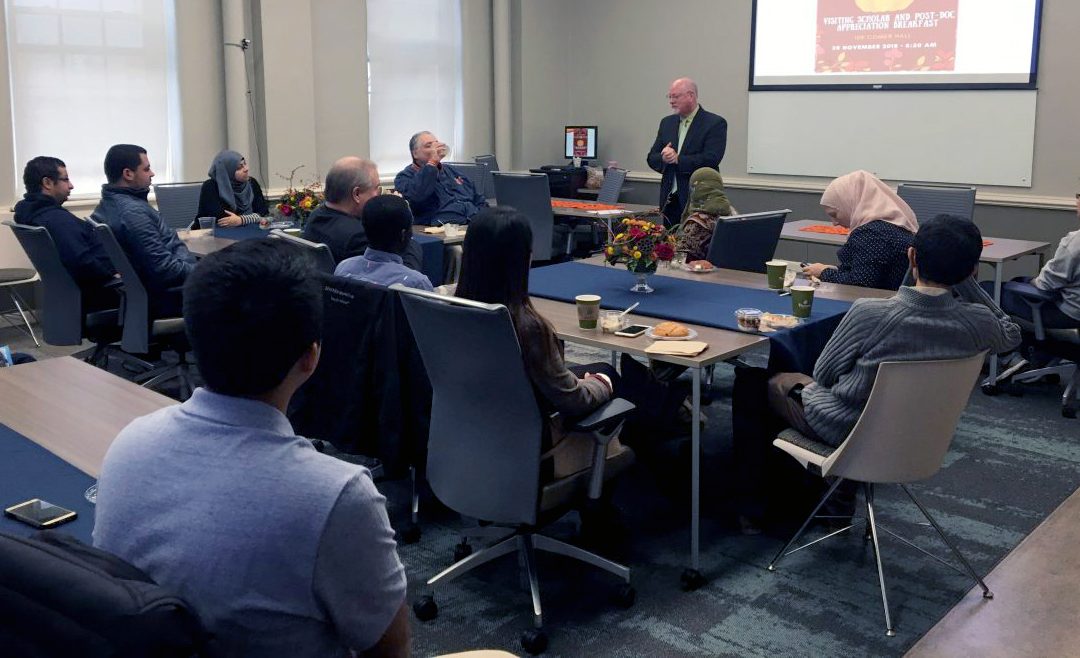
Traveler Resources
The following information outlines the steps Auburn University faculty, students and staff must take when planning foreign travel for university business or otherwise under support from Auburn University.
What You will need
- RAT 50: log in to AU Access – “Employee Services” – “Self Service” – under the Employee tab, find “RAT50”. The approval of your RAT 50 request comes with the issuance of Auburn University emergency medical assistance provided by CISI (Cultural Insurance Services International).
- U.S. Passport, or another passport you decide to travel with


